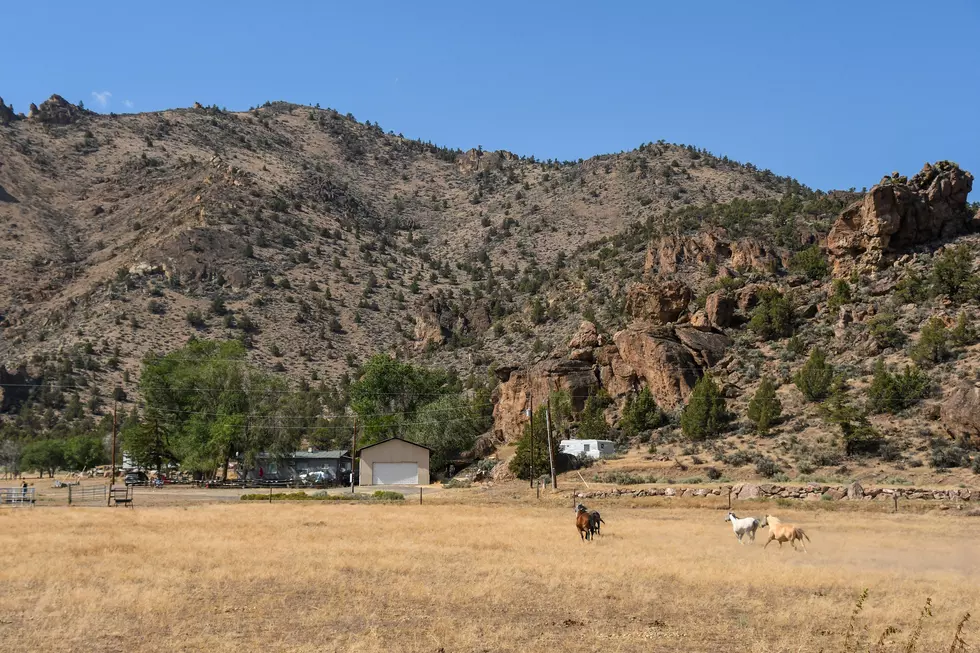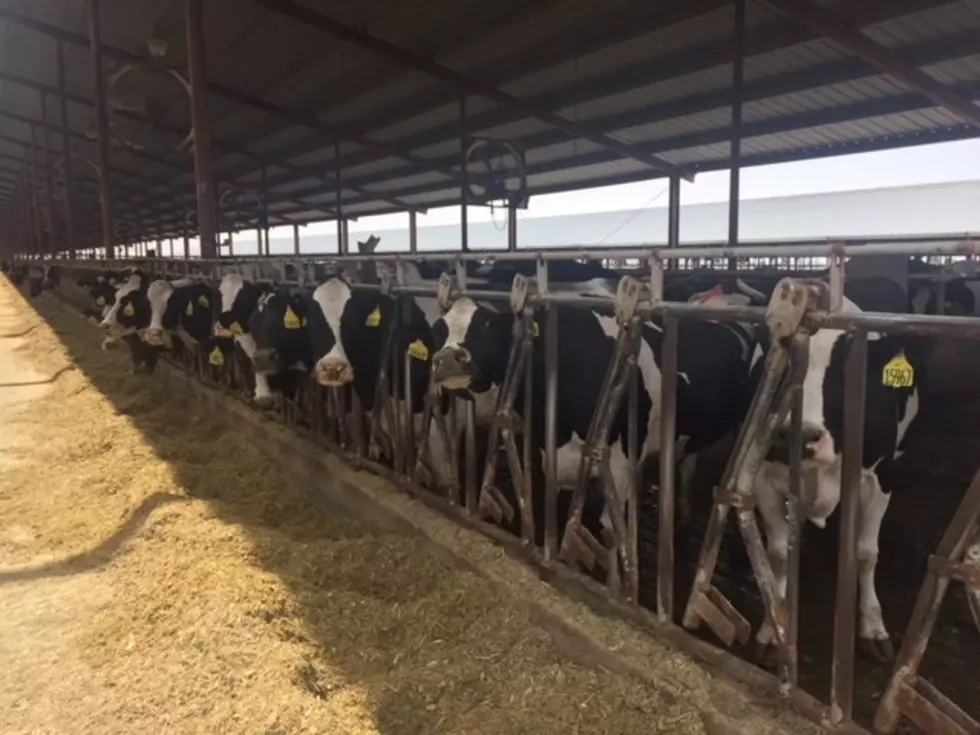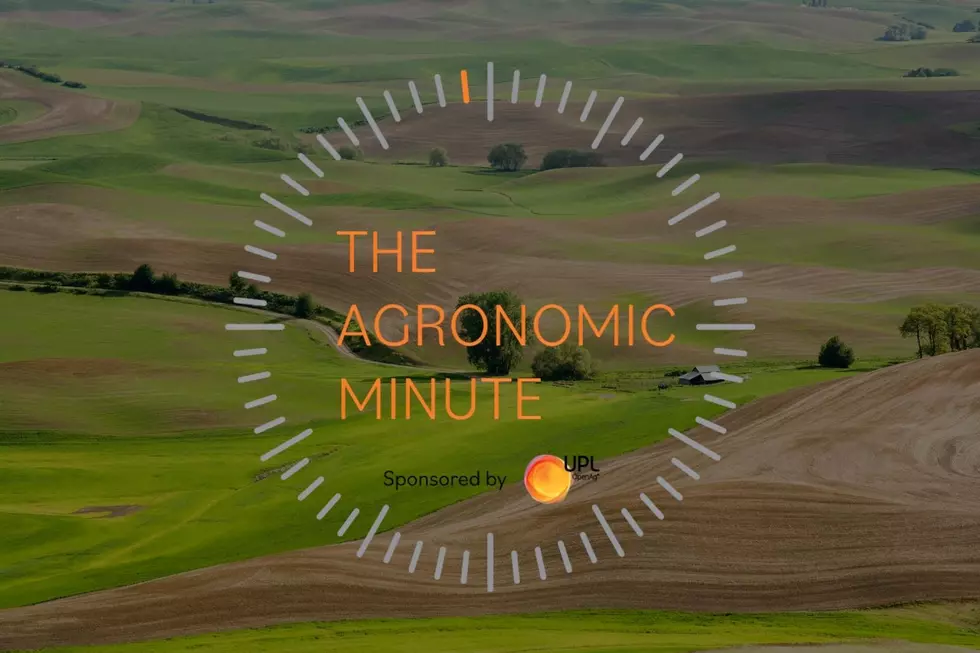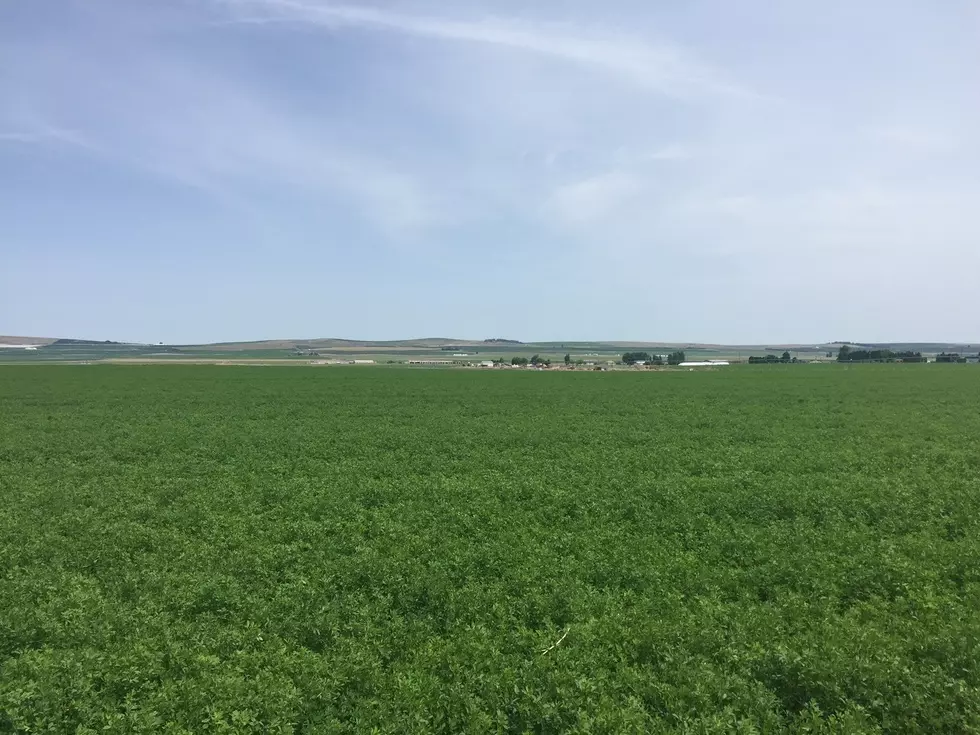
AHA Working To Balance Sustainability For Producers And Consumers
Beef purchasers are seeking a product that is affordable, high-quality and sustainably raised. To balance producer needs with consumer demands, the American Hereford Association is optimizing research projects to identify animals that improve economic and environmental sustainability and deliver superior quality beef. As shoppers increasingly seek high-quality products with a sustainability message to match, beef producers are adjusting to meet market demands. Ongoing research by the American Hereford Association has established the role of Hereford genetics in making the most efficient use of finite resources. And it’s a story consumers want more of.
“As we've all seen, the per capita consumption domestically and internationally is going up, as we progress forward, the consumer is demanding to know more about their product, what they're eating, where it's coming from," Jack Ward, Executive Vice President of the American Hereford Association said. "What its impact is on the environment. And so, over the course of the last 20 years we have engaged in a number of research projects throughout the United States that’s proved if you use a Hereford bull on an alternate breed cow—namely a black-hided cow—that increase in that heterosis will increase fertility and longevity. It increases efficiency without taking away any kind of value in terms of carcass quality.”
Efforts like the AHA’s National Reference Sire Program—which tracks carcass and performance data—have helped breeders hone in on genetics that improve efficiency. Production traits such as feed efficiency and growth are important for economic sustainability at the ranch and important for preserving the environment. It’s a win-win, according to A-H-A Director of Breed Improvement Shane Bedwell.
“It's also allowed us to make a lot of improvement relative to traits and identifying those truly economically relevant traits that we've added to our genetic evaluation," noted Bedwell. "And this efficiency era that we're going to jump into in terms of sustainability and doing more with less—those cattle that can last, those cattle that can be efficient—are the cattle that are going to survive and really pay off for our industry.”
Optimizing decades of research and whole herd reporting data, the association is working with Colorado State University to locate traits that matter to shoppers—those related to reducing beef’s carbon footprint.
“So we basically just sat down, and we said, ‘how can we position this well, to look at sustainability, again for the consumer as well as the producer moving forward?’ We're asking the packing industry as well as our partners, ‘what can we do and what do we need to do to prove this to the consumer?’ So, we're working hard. We're developing a plan. I think it'll be very exciting as we begin to release that information.”
This research will help identify genetics that influence environmental emissions from individual animals and ultimately help the industry produce the best beef while protecting resources and livelihoods.
If you have a story idea for the PNW Ag Network, call (509) 547-9791, or e-mail glenn.vaagen@townsquaremedia.com
More From PNW Ag Network









